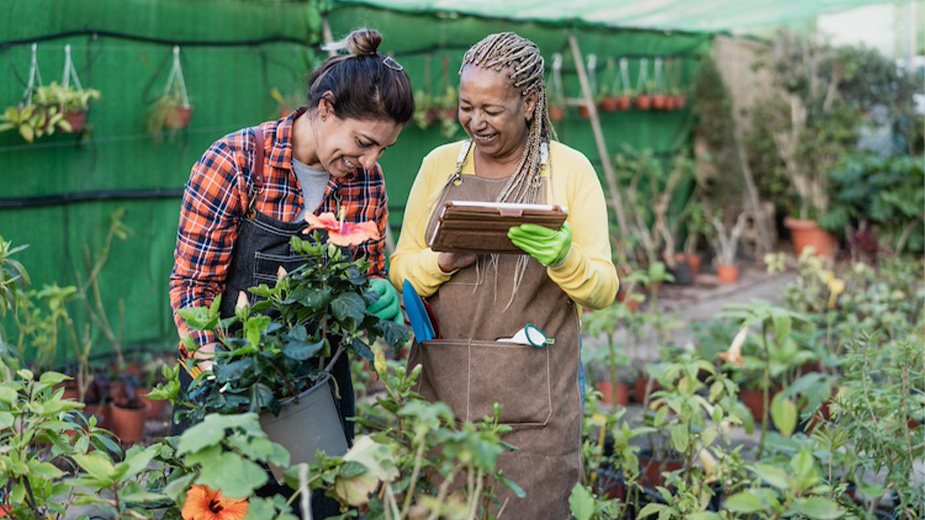Study: For Nontraditional Farmers, Stress is a Constant
By Nadia Ramlagan
Ohio News Connection
Women, LGBTQ+ and minority farmers in Ohio face compounding stressors, according to a study from Ohio State University.
Researchers surveyed and interviewed a group of nontraditional, mostly first-generation organic farmers. Results showed 58% of survey respondents reported mild to severe symptoms of anxiety or depression.
Fiona Doherty, a doctoral candidate in the College of Social Work at OSU and the study’s lead author, said the survey was conducted in 2020 during the height of the Covid-19 pandemic. She said many farmers expressed disappointment at the financial reality of farming, including not making ends meet and having to pick up a second or even third job.
“Part of what inspired us to do this particular research study was really acknowledging the generations, the decades of structural discrimination in the U.S. agricultural industry,” Doherty said. “That’s led to unequal access to land, unequal access to farm resources.”
Some study participants also identified climate change and unpredictable weather as sources of stress.
Doherty pointed out the research is a step toward creating structural support such as policies to improve equity, accessibility and representation for beginning, women, racial and ethnic minorities and LGBTQ+ farmers, especially as traditional farmers age out of the field.
“Really thinking about those cumulative impacts and what that does to someone’s well-being, to their success as a farmer, as a beginning farmer,” Doherty said. “That’s one main takeaway, is just thinking about those cumulative stressors.”
According to census data, in 2017, the U.S. had around 321,000 farmers age 35 or younger, accounting for just 9% of the country’s roughly 3 million producers. The U.S. Department of Agriculture has said as legacy producers retire, the nation will need a new generation of farmers to grow food and feed
Pictured at top: The stress of farming is compounded for racial and other minorities, a new study suggests. (Adobe Stock)
Published by The Business Journal, Youngstown, Ohio.



